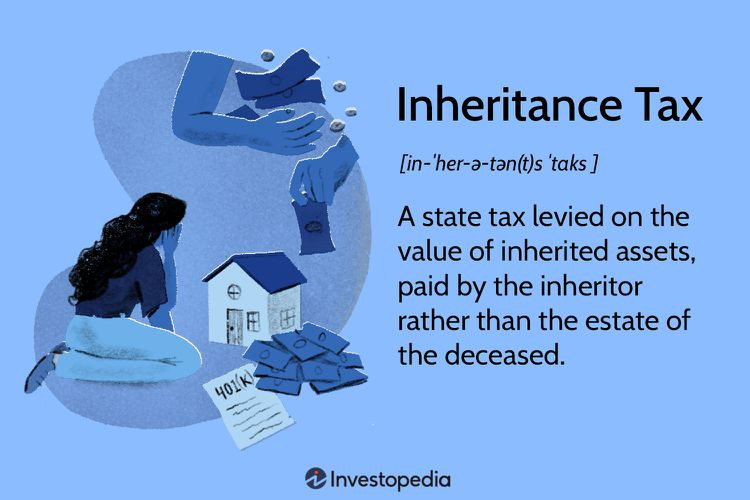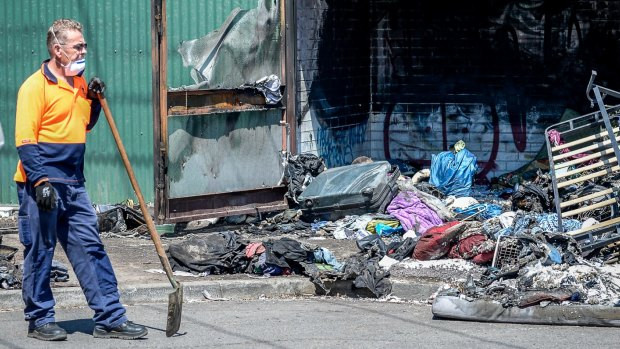Social Democrats TD Suspended Amidst Palantir Shares Controversy
A major political scandal has erupted in Ireland, involving newly elected Social Democrats TD Eoin Hayes and his sale of shares in Palantir Technologies, a US software company that supplies technology to the Israeli military. The controversy centers around conflicting statements made by Hayes regarding the timing of his share divestment, ultimately leading to his suspension from the Social Democrats parliamentary party.
The Timeline of Events
The events unfolded rapidly. Hayes, who was elected to Dublin City Council in June 2024 and subsequently won a Dáil seat in Dublin Bay South, initially claimed to have sold his Palantir shares before entering politics. This assertion was repeatedly made during a press conference on Tuesday morning. However, public records, specifically his declaration of interests for Dublin City Council dated June 26th, stated that he had divested all Palantir shares within the last year. The discrepancy became evident when Hayes later admitted that the sale actually took place in July 2024, a month after his council election.
The Share Sale and Financial Gain
Hayes clarified that he sold 7,000 shares in Palantir for a pre-tax figure of €199,000. He had acquired these shares during his employment with the company between 2015 and 2017, where he worked in internal operations, specifically in areas like HR and IT. The shares were subject to restrictions, preventing their sale until 2021. The timing of the sale in July 2024 is particularly contentious given the significant increase in Palantir's share price following the start of the conflict in Gaza in October 2023. The shares had increased from $16.63 (€15.83) to $28.58 (€27.20) by July, demonstrating a substantial financial gain for Hayes.
Hayes' Apology and Suspension
Following the revelation of the discrepancy between his initial claims and the documented reality of the sale timing, Hayes issued a public apology, acknowledging he had provided incorrect information at the press conference. He expressed remorse, stating that he "unreservedly apologise[s] for providing incorrect information and [is] now correcting the record." This apology, however, proved insufficient to salvage his position within the Social Democrats.
In a statement released by Social Democrats deputy leader Cian O’Callaghan, the party announced Hayes' immediate suspension from the parliamentary party. O'Callaghan emphasized the severity of the situation, asserting that “It is imperative that the media, who hold politicians to account on behalf of the public, can rely on the information they receive from elected representatives." The suspension signifies the gravity of Hayes’ actions and the party’s commitment to transparency and accountability.
Political Fallout and Public Reaction
The controversy has sparked a significant political reaction. Various political figures and parties have expressed strong opinions on the matter, from accusations of “direct profiteering from genocide” to calls for Hayes' resignation. The incident raises questions about ethics in politics and the importance of transparency and accountability for elected officials. The rapid rise and fall of Hayes’ reputation highlight the precarious nature of political careers and the unforgiving scrutiny placed upon public figures. The ongoing investigation, if any, and the potential for further repercussions remain a subject of intense speculation and public debate.
The Future for Eoin Hayes and the Social Democrats
Hayes’ suspension marks a profound turning point in his political career and has significant implications for the Social Democrats party. He announced his intention to sit as an independent TD, indicating a desire to maintain his role in representing his constituency. This decision indicates that Hayes intends to continue participating in the political process despite the damage done to his reputation. It remains to be seen whether he will succeed in rebuilding his trust within the community he represents and how this event will affect the future prospects of the Social Democrats party as well as his own political future.
While it is a challenge to rebuild trust after such a significant breach of public confidence, Hayes now faces the difficult task of regaining credibility. The events surrounding the share sale and his subsequent misleading statements have undoubtedly tarnished his image and may significantly impact his future prospects in politics. The impact of this situation on the Social Democrats party remains to be fully assessed, but it is likely to require some damage control and possibly lead to broader discussions about transparency and ethical standards in politics. Ultimately, this case underscores the importance of full and accurate disclosure of financial dealings by public figures to maintain public trust and confidence. It remains a cautionary tale for future politicians, highlighting the potentially severe consequences of dishonesty and lack of transparency.


















